
How Can Networking Unlock Dream Opportunities For Artists w/ Shivangi Ladha, Visual Artist
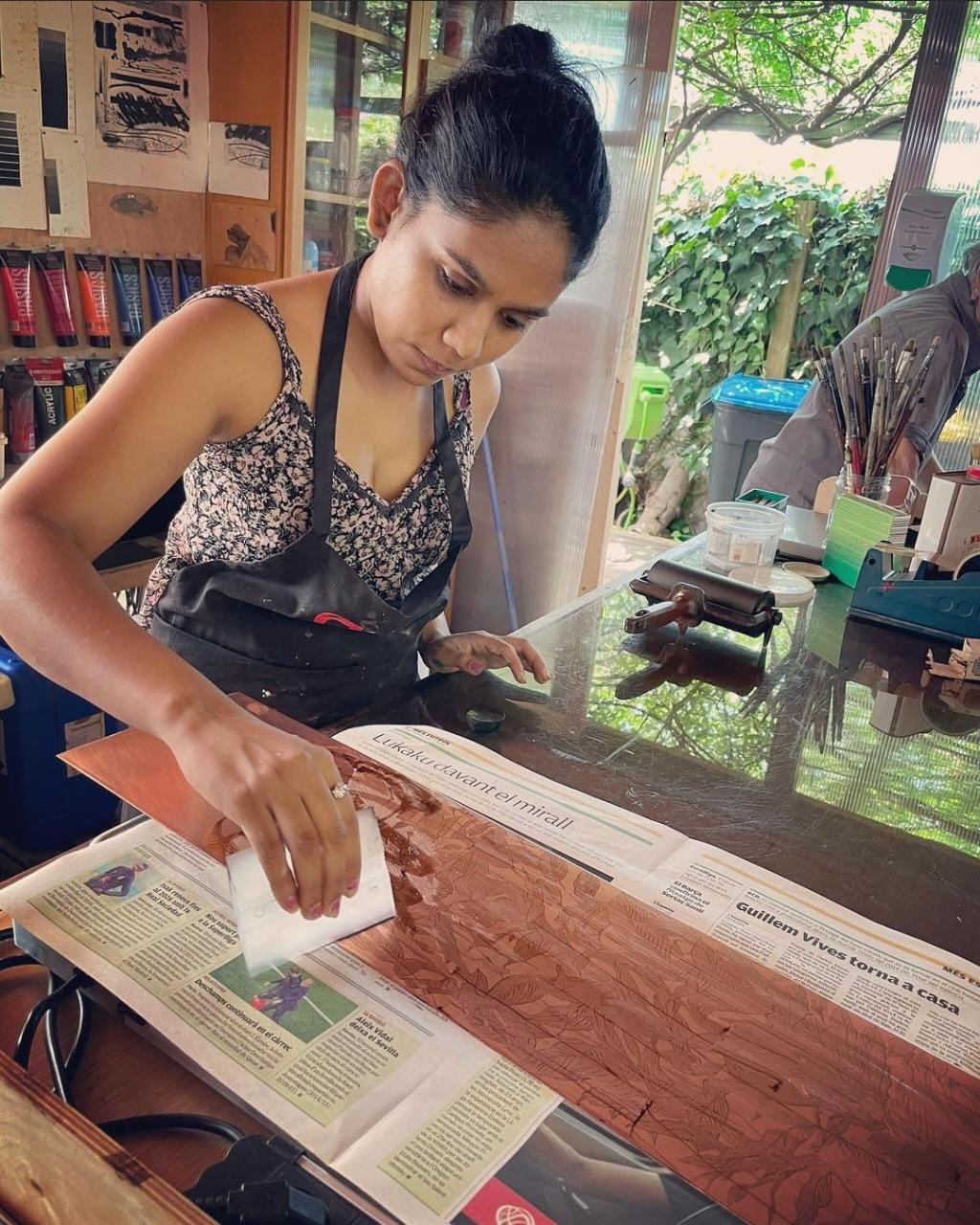

👁 31 Views
Shivangi Ladha graduated from the Royal College of Art London, in 2016 with a specialization in MA in Printmaking. Prior to this, she pursued MFA in Fine art from Wimbledon College of Art, London, and a BFA In Painting from the College of Art, Delhi University.
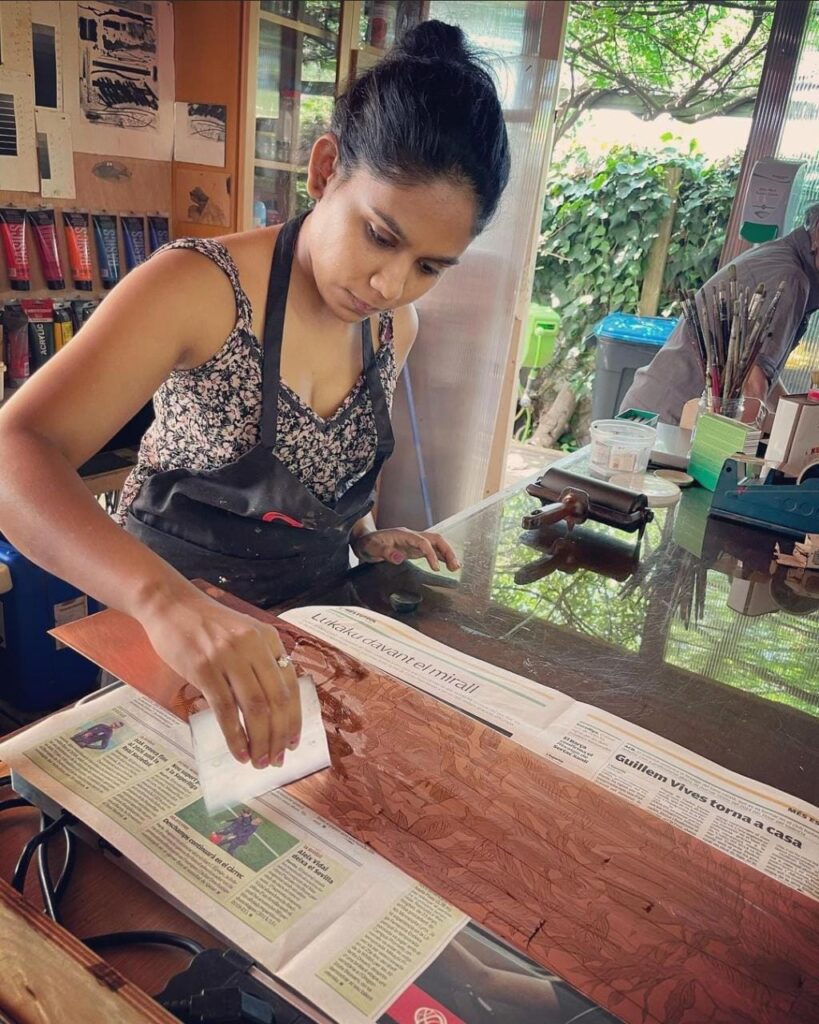
She has undertaken several residencies internationally in the UK, Spain, Canada, and the USA and consistently exhibited works that have entered prestigious collections such as the British Museum, V&A Museum; East London Printmakers, UK; Mead Museum, Women Studio Workshop, USA; Reliance Foundation, Anant Art Gallery, India; SNAP Studio, Canada to name a few. Her works have been published in Art in Print Journal, Fukt Magazine, Hindustan Times, Midday, Outlook, Art Soul Life Magazine, and more.
And in this Podcast episode, we asked her everything about How Can Networking and Experiments Help Creative Professionals Unlock Dream Opportunities.
So before you start listening to this podcast episode, let me share with you some of the insights of the episode. So keep reading to know what you will learn from this podcast episode.
In conversation with Shivangi Ladha
Let’s also talk about it for you. You had these big names, contributions, and shows, and a lot of people aspired to you as an emerging artist. You know how hard it is in India and how few opportunities there are. Um, can you also share your journey of how you began and how these opportunities came your way or you brought them your way?
Wow, okay, so you already know how I feel. Ah, I think consistency is really important. I believe that consistency is the most important factor, regardless of how good or bad your work is or how hardworking you are or are not. But if you’re like, really consistent, things will work for you, and things will work for everyone—all kinds of artists—for whom I feel there’s an audience. All kinds of styles There is a wide range of art available. You just need to find the right people who kind of like your work, promote them, or whatever.
So, I’d say I’ve been very consistent in my actions in the sense that I’ve been concentrating on my practice because, obviously, practice is the most important thing you need to improve and grow. You need to be very honest with yourself to have that voice that you want to express through your work. even if you don’t know what you want to express.
But. Going to the studio and making artwork, doing things you’re familiar with, thinking about artwork literally every day—that’s the kind of consistency and honesty that’s really important in your work, and it’s been there for me. I’ve been able to work continuously and produce works that have been in the works for quite some time.
Second, I haven’t just limited myself to art making; I’ve always felt that as I grew as an artist, I needed to grow with the community I needed to, um, move with. Everyone, I’ve always had that thought because I believe that growth is more than just individual growth. But it is like a complete growth, I feel, so I always wanted to, you know, promote the idea of printmaking among the public.
It is extremely difficult for artists to have a long-term career. Income. Can you talk a little bit about how Has your own journey been successful, and how do you still perceive building a sustainable practice that also supports your life, pays your bills, and gives you the healthy lifestyle that we all want for ourselves?
In my case, my parents paid for my education, and I was and am very privileged in the sense that my education was supported by my parents, but, you know, as a woman, as an individual, and as a woman, you need to be financially independent at some point because otherwise, people start putting their ideas, aspirations on you in some way, and being India in the sense It’s a little conservative society, and I have my sort of freedom there.
It is critical to be financially independent, to have that financial independence. It’s extremely difficult in art, as in extremely difficult. Um, but I wouldn’t say it’s impossible because I kind of found a way in the sense that I found the balance between teaching and art.
Maybe if someone has a better skill set than me in terms of different skills. For example, suppose you have a You have a strong background in design, Photoshop, and other software, so you’ve found a way to balance finding these commissions through design and making your art on the side. Everyone, I feel, needs to find this balance somehow. if they’re not able to find a balance. It’s their own journey, but somehow you need to find that balance to have that sort of independence that allows you to take decisions that you think are good for you. For your own, like a “creative freedom” or “freedom of independence”.
Let’s also talk about paid residencies. It is an expensive affair. Um, then even if you’re sponsored It’s uncomfortable for a lot of people, and a lot of people find it intimidating. How has your experience been, and how do you believe it has influenced your career, particularly in making an investment like the one you’ve been making? You’ve had a lot of experience with that.
I’ve never had gallery support; I had to kind of just push myself for these kinds of opportunities because they were only available to me through these kinds of opportunities. I kind of grew as an artist, and I feel like art is going for a residency. I’ve talked about this with you before as well. You need to find the right residency for yourself. I just don’t go for a random residency; finding the right residency for you and your work is quite important. So a residency that gives you some sort of stipend—something they give you—can at least cover your flying accommodations. If not accommodation, if you’re staying at your cousin’s house or something, then maybe materials or, um, living costs there. There has to be some sort of stipend, for sure.
I would never suggest somebody go for full-paid residencies. I’ve never done that in my career before, and I would not strongly recommend anyone do that unless it’s a really different sort of residency.
For example, the 1 in Barcelona I went to paid for that residency. But I had my reasons in the sense that I came to a new place in Madrid; I had no network here; I had no friends here; literally, I knew nobody here, and language is such a big issue. For communication, I had to find a place where I could go and work, and I found the studio in Barcelona.
It’s an amazing printmaking studio that’s very well organized, as evidenced by the artists who go there and the reviews. The artists have left the studio. I thought it would be a really good place for me to go and start somewhere in Spain. So this is the only paid residency I went to, but I’m really happy I went because, um, the owners who run this residency are artists themselves, and they’ve been running it for 30 years. They support themselves with the first structure they built for themselves, which includes housing and an artist residency. As a result, it’s created by artists for artists.
So I am paying this money. Yes, but I’m not paying it to a random; I’m paying it to an organization where artists themselves So I’m kind of supporting them. In addition, through my work, I support a printmaking studio, and these people have been extremely supportive of me. They supported me throughout my art-making; they gave me so many ideas that technically helped me out.
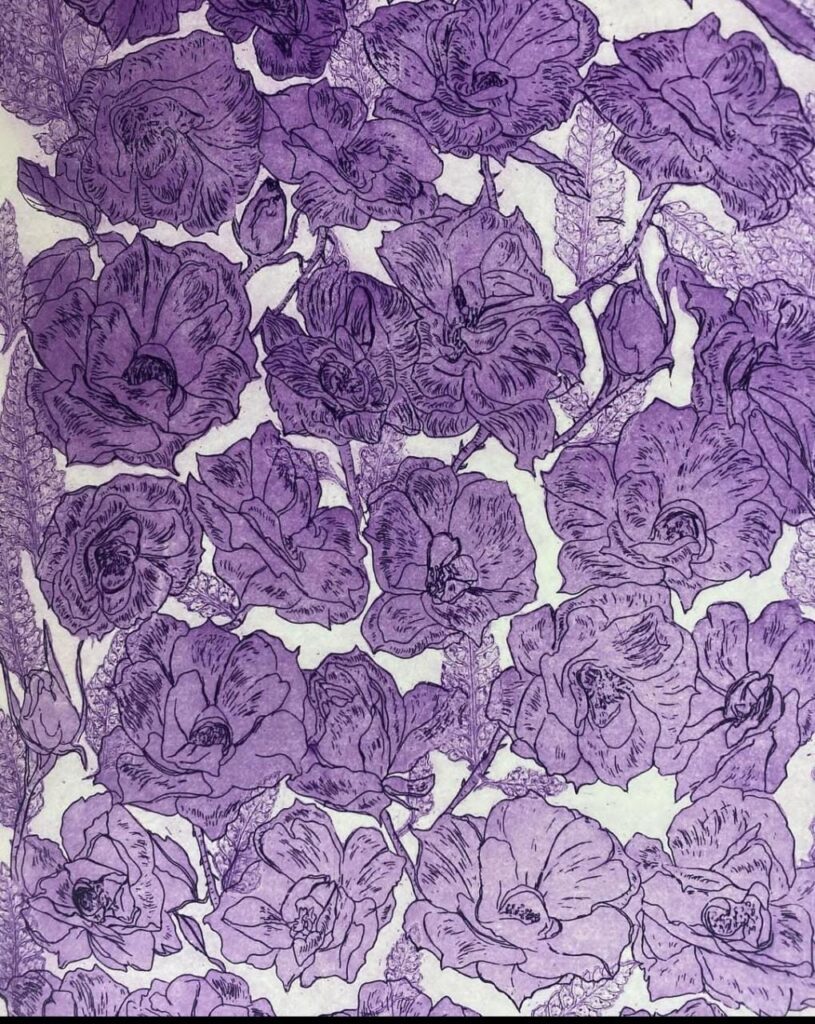
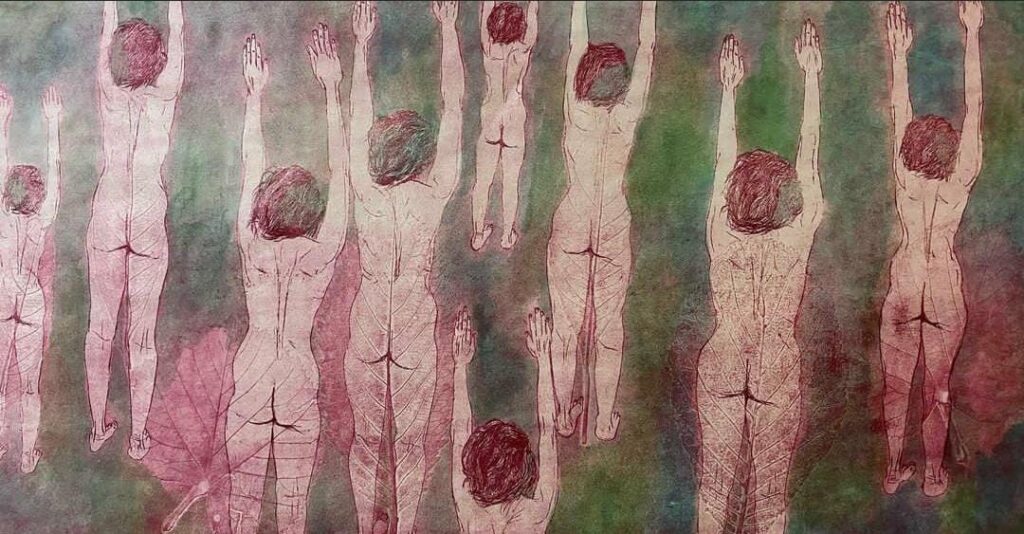
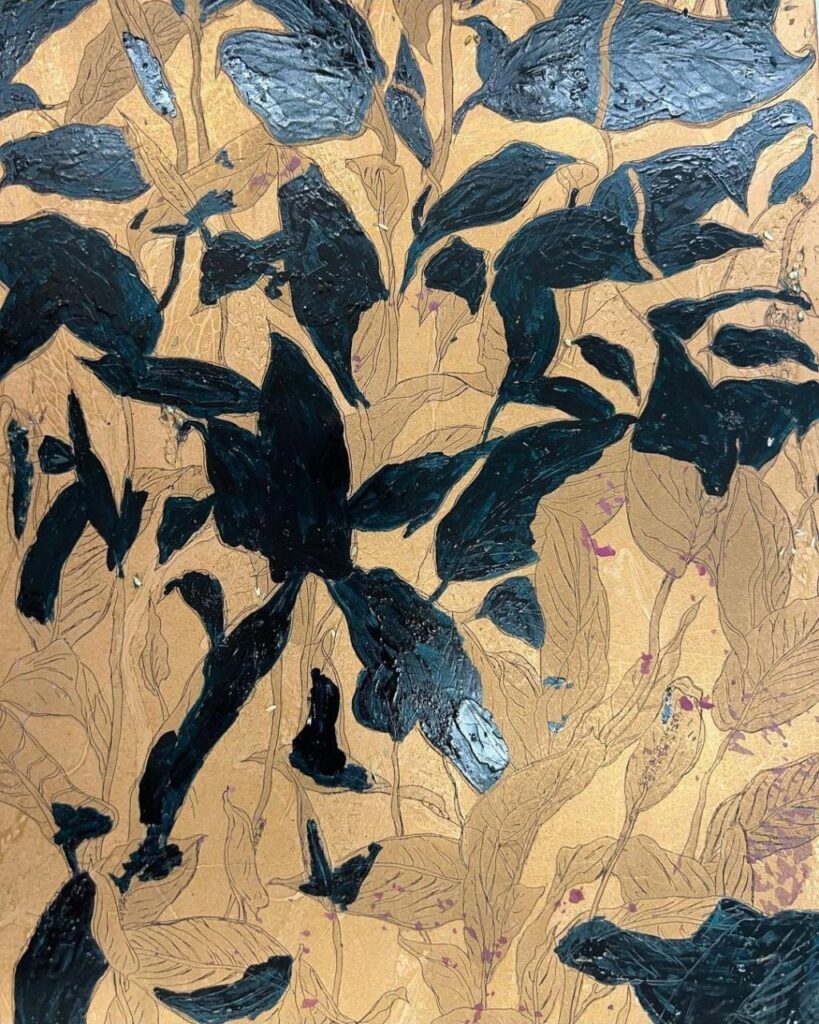
To Learn About How Can Networking and Experiments Help Creative Professionals Unlock Dream Opportunities.
LISTEN TO THE PODCAST NOW.
Want to make the most of the show?
CATEGORIES:

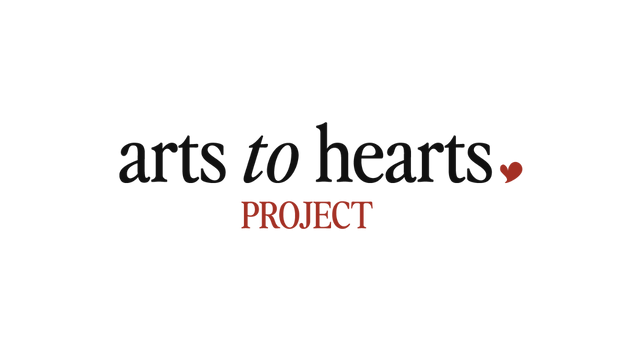
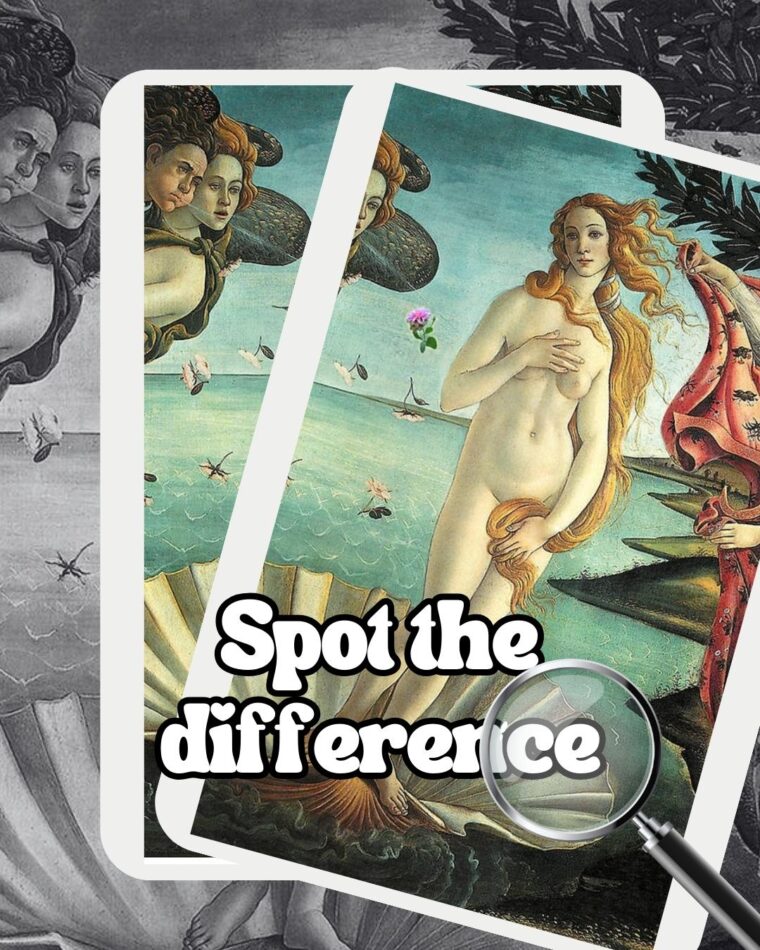

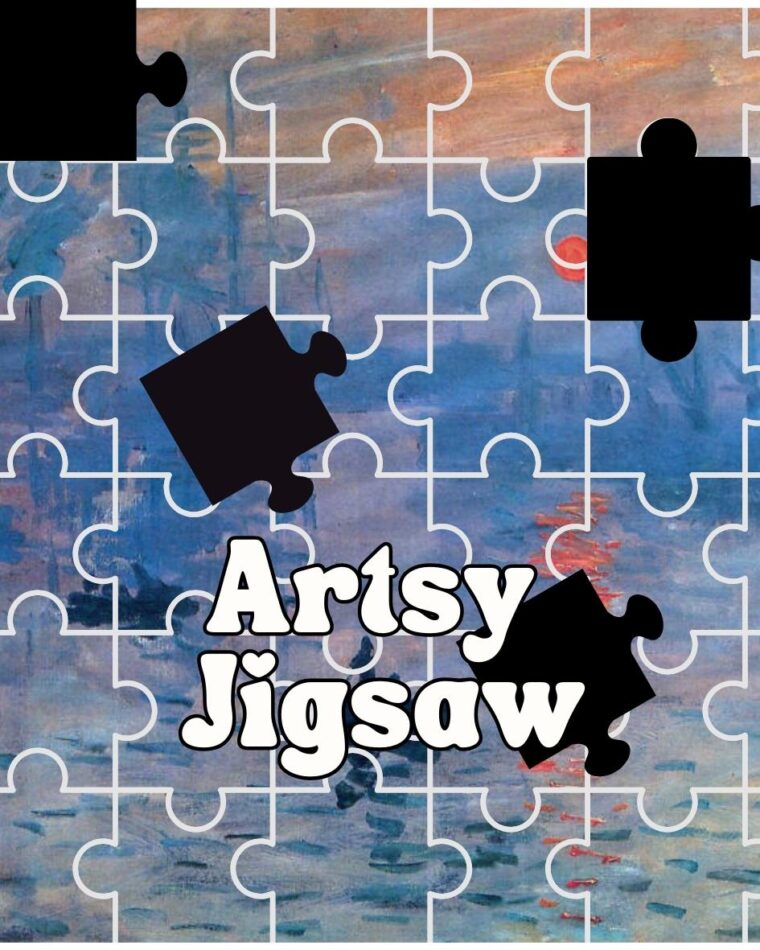
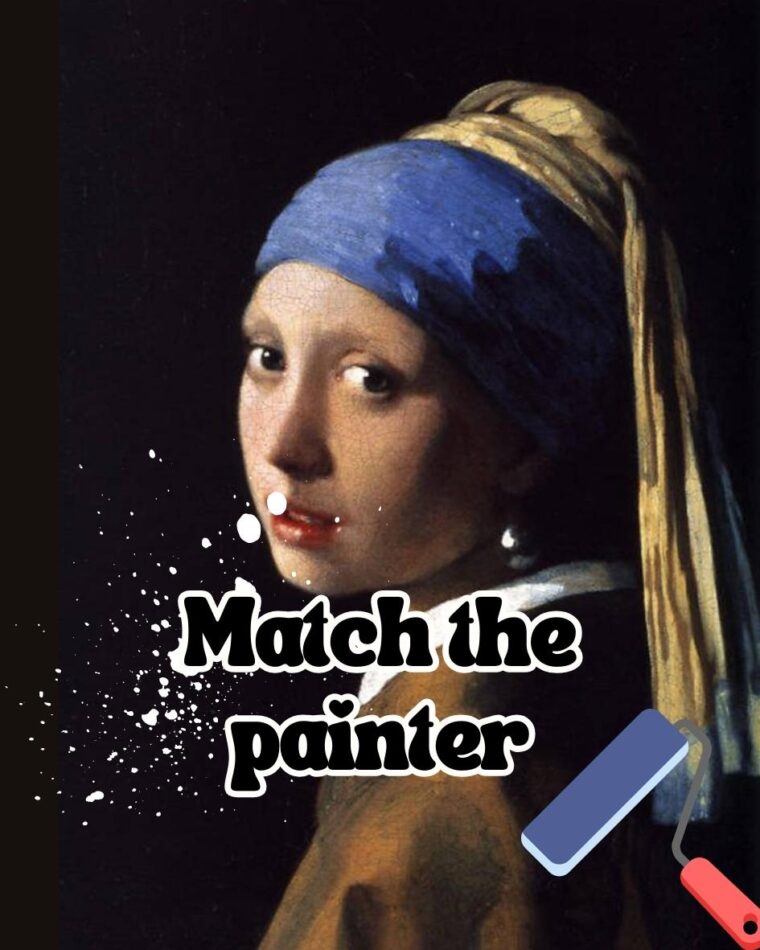
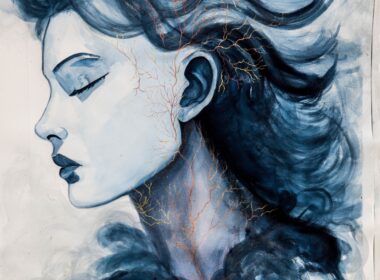
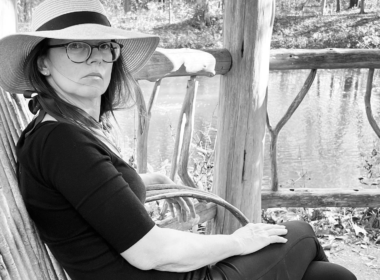
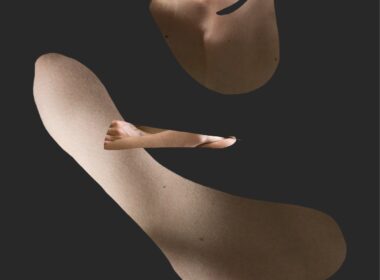
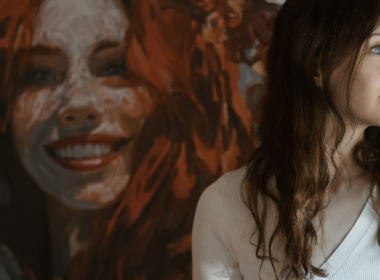
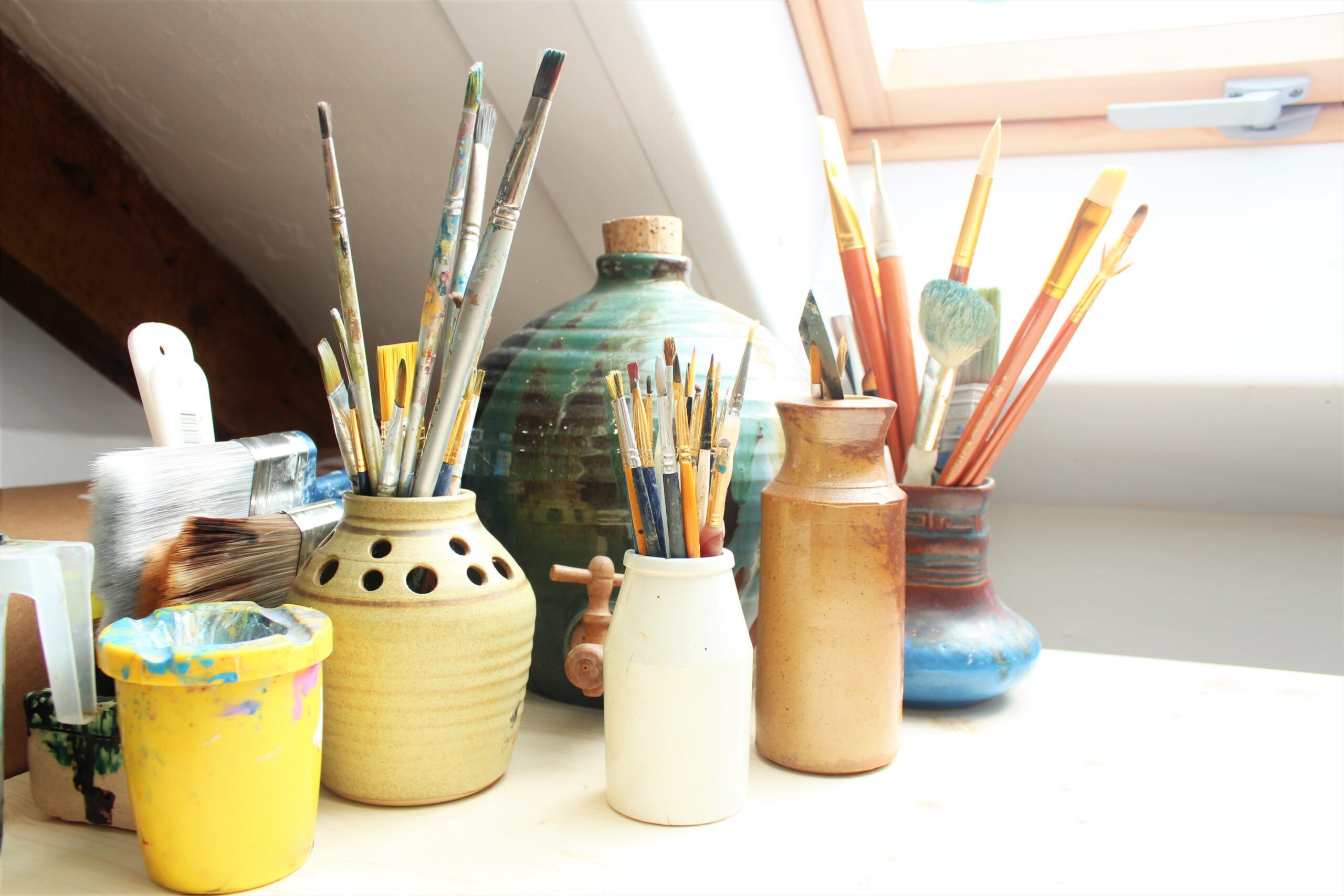
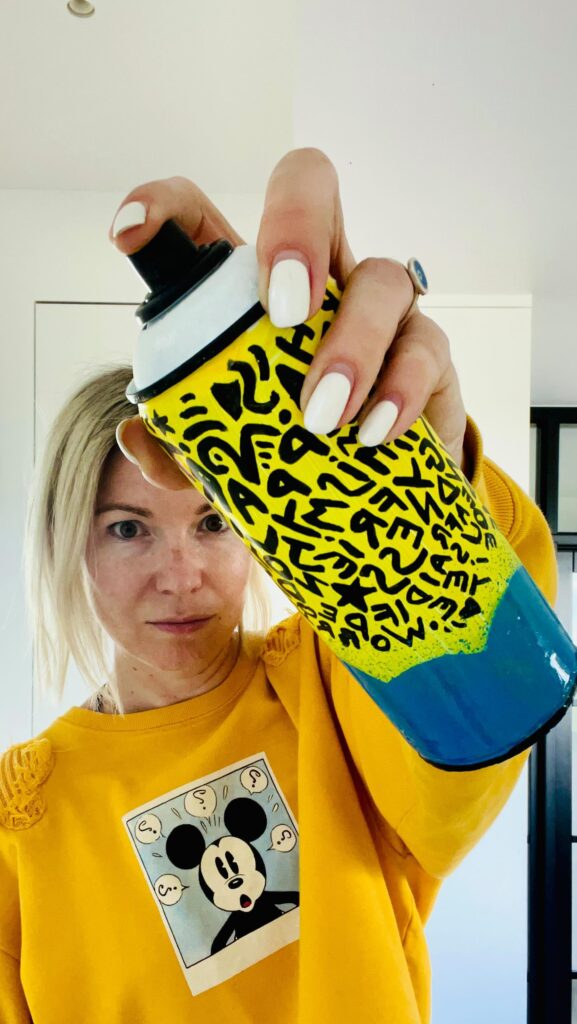
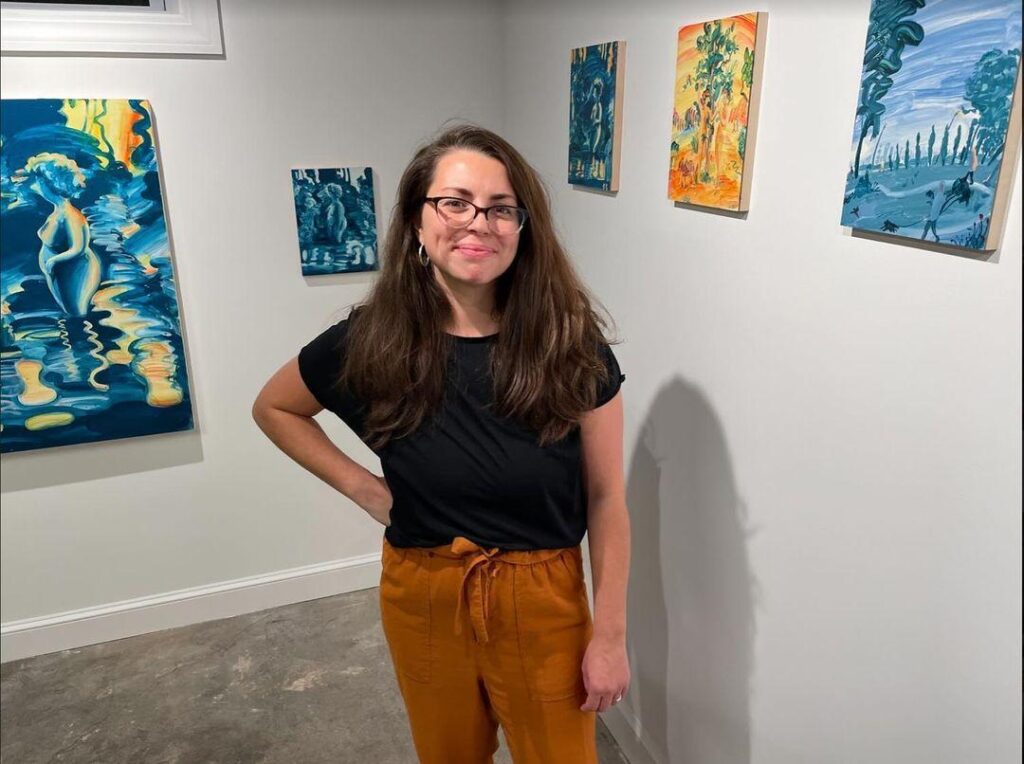
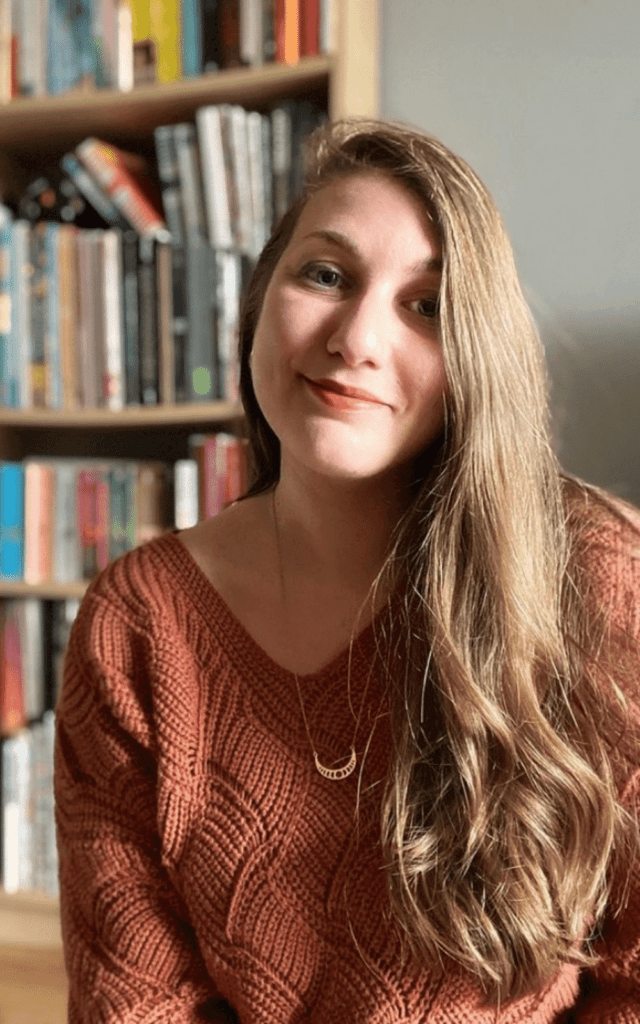
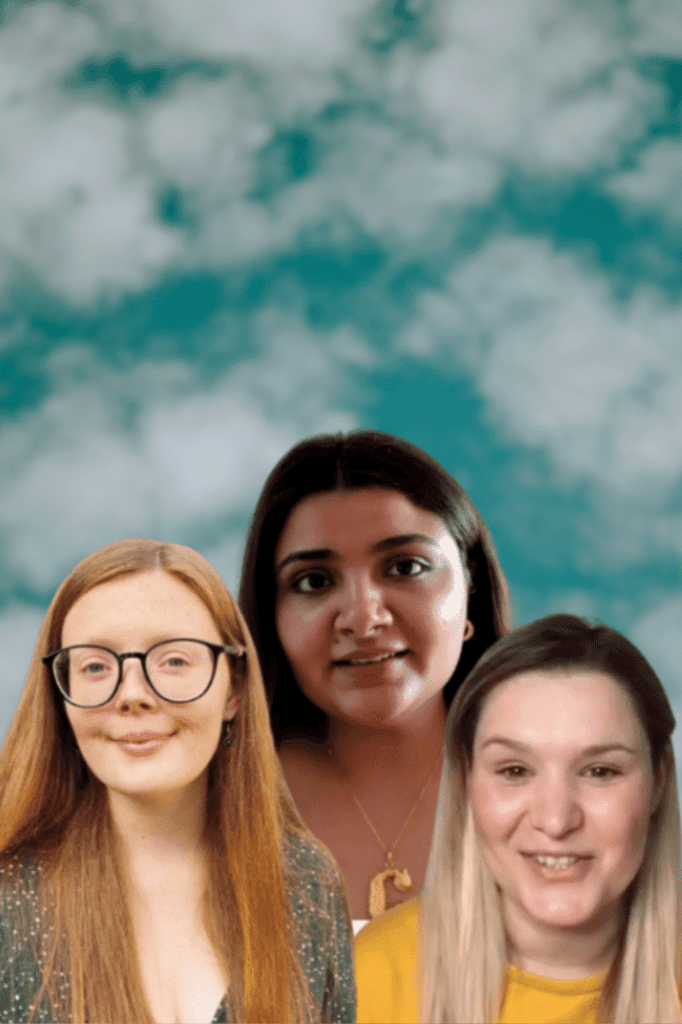
Comments 17